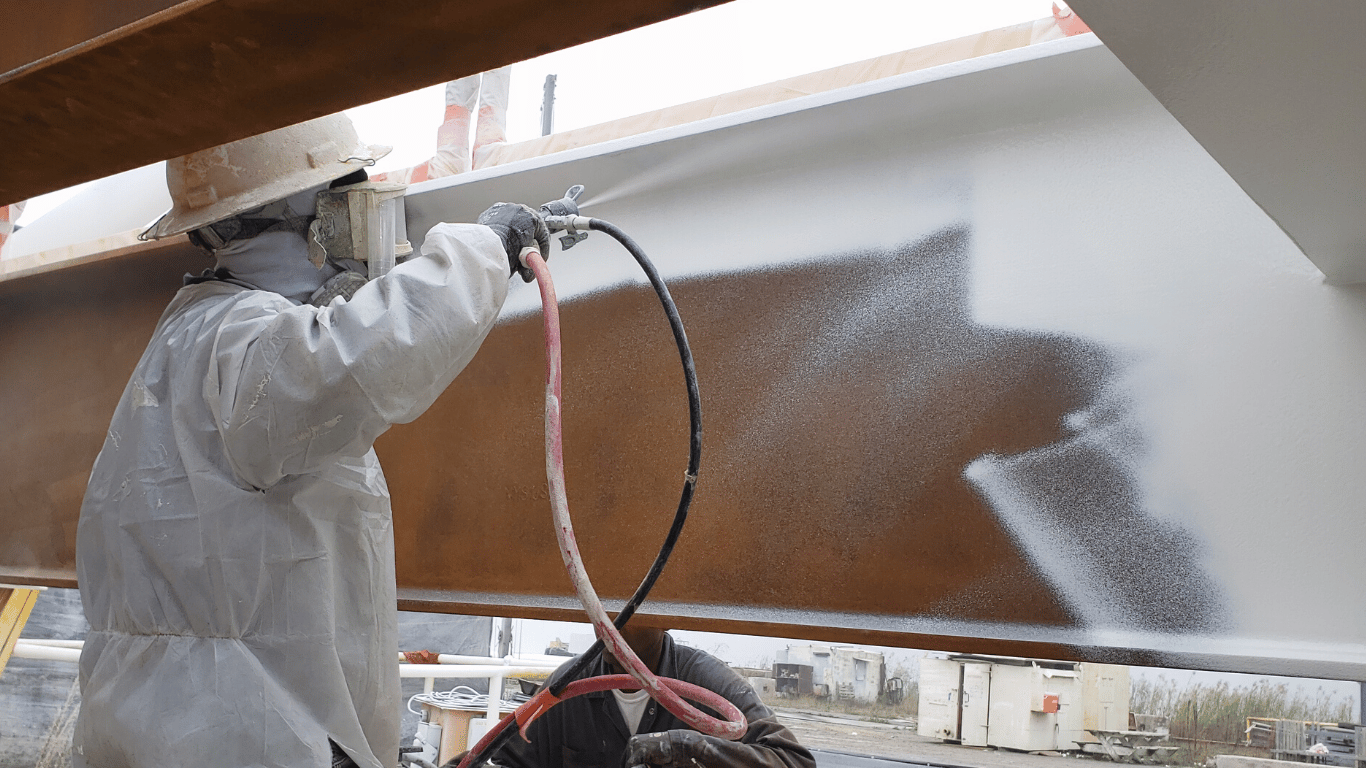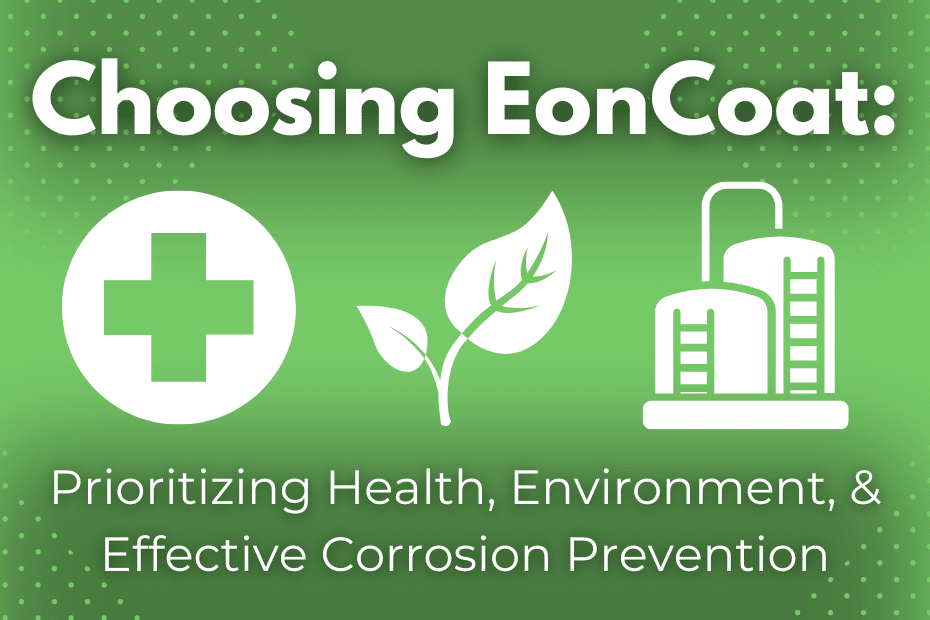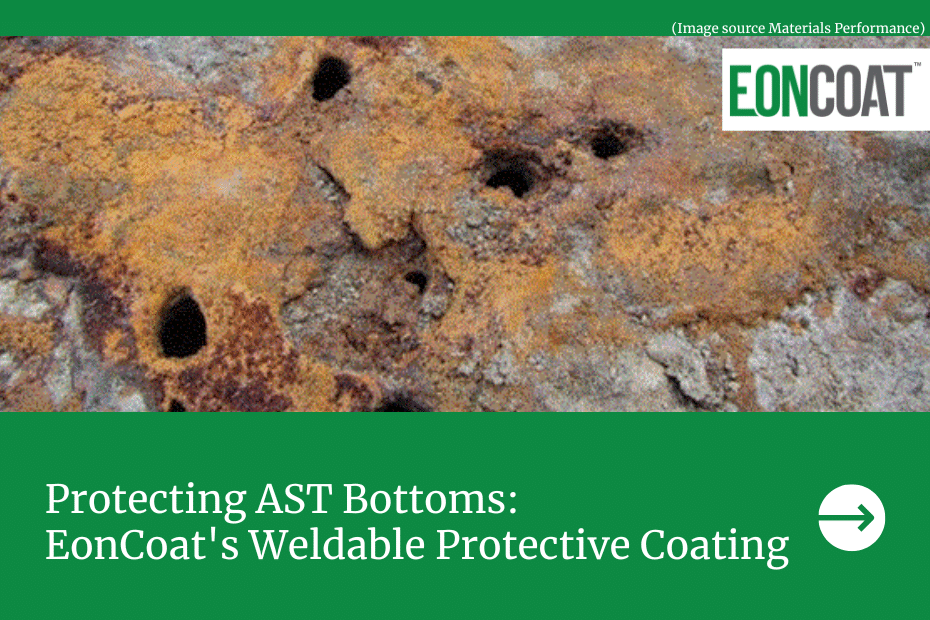The European Chemical Agency (ECHA) recently proposed adding seven chemicals to their “Substances of Very High Concern” (SVHC). All seven of these chemicals have been proven to be toxic carcinogens. Three of the chemicals, strontium chromate, 1-methyl-2-pyrrolidone (NMP) and hydrazine are common chemicals used in corrosion coatings and could be banned if ECHA does not find that the risks can be controlled or there are no feasible alternatives.
Strontium chromate is a yellow pigment and a corrosion inhibitor. Mainly used in paint primers and in the aerospace industry, the chemical is also used as a coating on buildings and some vehicles. Its carcinogenic properties are very similar to hexavalent chromium chemicals (think Erin Brockovich) and the EU produces between 900 and 2,000 tons of strontium chromate each year. NMP is most commonly found in industrial paint strippers and degreasers, but finds its way into some commercial paint stripping products as well. Lastly, hydrazine is used to make organic chemicals react and traces can commonly be found in polyurethane resins. To see the full list, visit the ECHA’s report on the SVHC substances.
While no final decisions have been made (all of the chemicals must go through an approval process before being restricted), it seems likely that many of the chemicals discussed in this report will be banned. With this report, the burden of proof has now been passed on to companies that use these chemicals. They must argue that they can control the risks or that there is no feasible alternative to using one or more of the chemicals that have been tagged.
Another interesting story line is what this means for chemical control in the US. The ECHA and and its US equivalent, the Environmental Protection Agency recently announced closer cooperation between the agencies and establishes certain guidelines for toxicity and risk assessment. Only time will tell if the US adopts similar restrictions.
The good news? EonCoat has no VOCs, or SVHCs for that matter. Since it’s stored in two parts it does not require hazardous chemicals to be stored properly.

Ready to Learn More About EonCoat?


